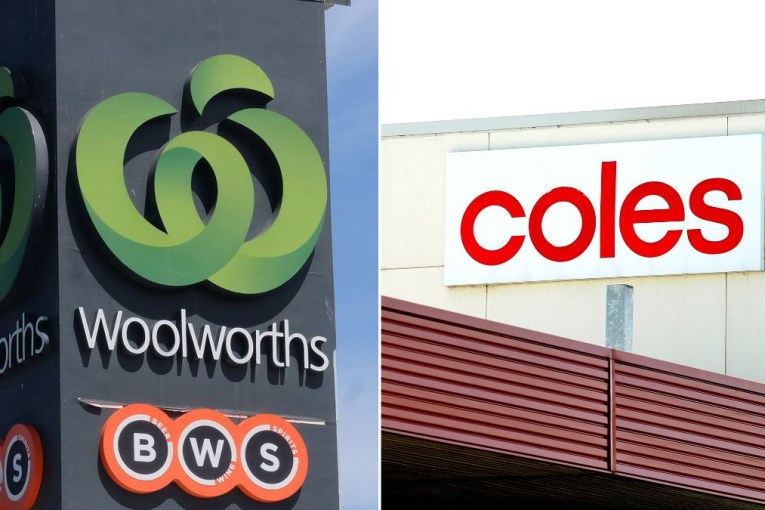Vapes banned and income support indexed with January 1 changes

Changes to income support programs, state property taxes and vaping regulations loom for many Australian households.
Australians accessing income support will also have their payments indexed to inflation.
Here’s a rundown of all the major changes that will come into effect from January 1.
Vaping crackdown
On January 1 the federal government will implement a ban on the importation of disposable single-use vaporisers.
It’s part of a wider crackdown on nicotine vapes, with Health Minister Mark Butler saying the government wants to prevent kids from becoming addicted.
“Vaping is a gateway to smoking and smoking remains the leading preventable cause of death and disease in Australia,” Butler said.
“The government is alive to the implementation obstacles, like all other illegal drugs, there will no doubt be some vapes that get into the country. But they will no longer be easy for school children, our most vulnerable and impressionable members of society, to get their hands on them.”
A “Special Access Scheme” will also be set up to prescribe vapes to those who use them for therapeutic reasons, with the approval of applicable medical practitioners such as doctors.
Medicare safety-net thresholds
There will be changes for households with significant medical expenses.
The amount people have to spend on out-of-hospital medical expenses before qualifying for a higher rebate is increasing in line with indexation.
Indexation for income support
Australians accessing payments such as Youth Allowance, Austudy and disability pensions will have the dollar value of their payments increased from January 1 under a routine inflation indexation.
Payments will increase up to $45.60 per fortnight for under-18 youth allowance recipients living at home and for Austudy, while independent disability pensioners will increase up to $44.90, with the full list available here.
Importantly, these increases don’t necessarily represent an increase in disposable income for Australians accessing income support as they’re merely designed to ensure payments keep up with the rising cost of living.
Work bonus for pensioners
Changes to the work bonus for pensioners also come into effect on January 1.
All new pension entrants over eligibility age will be given a starting work bonus income bank balance of $4000 (up from $0), while existing new recipients will retain a current elevation to the maximum balance limit of $11,800 rather than $7800.
The intention is to improve incentives for older Australians accessing the pension to participate in some form of paid employment.
It will essentially mean that pensioners can earn more from work before their pension payments are affected.
Commonwealth assistance for students
The short-lived ’50 per cent pass’ rule, where students had to pass 50 per cent of the units in their course to continue getting Commonwealth assistance, will end.
Instead, universities have to maintain a ‘Support for Students Policy’ to help students who are struggling to pass.
Right to super
On January 1 the National Employment Standards (NES) will be updated to include a right for workers to superannuation contributions.
It means that unpaid or underpaid superannuation can be enforced under the Fair Work Act, though employers already have an obligation to pay super under another existing law.
New National Skills Agreement
A new national agreement between states, territories and the Commonwealth will start on January 1 that will deliver huge changes to the way TAFE and vocational education is delivered.
The $3.7 billion, five-year deal will boost funding for a range of “critical and emerging industries”, including clean energy, national security manufacturing, care and support services, and digital technologies.
New “centres for excellence” will also be set up across the country to improve collaboration between TAFEs, universities and industry.
Toll relief for NSW motorists
New South Wales motorists who spend more than $60 on tolls will get the remainder back (max $340/week rebate).
Motorists can start accruing from January 1, with claims made quarterly from April.
The previous scheme (40 per cent rebate, up to a max of $802 per financial year, for drivers spending over $402/year) will also run up until June 30 but will end after this date.
No gas in new Victorian homes
From January 1 new dwellings, apartments and residential subdivisions in Victoria will no longer be allowed to install or connect to gas networks under a plans to electrify the household sector.
The laws will not force existing homes to cut off their gas connections but will affect all new builds that have not lodged a planning application before the new year.
End of EV rebate
The NSW government’s $3000 rebate for full battery electric and hydrogen fuel cell vehicles ends January 1.
The South Australian government’s $3000 rebate for eligible new battery electric and hydrogen fuel cell vehicles also ends on January 1.
People who have bought a car, or made a deposit, but have not yet had it delivered are still eligible.








